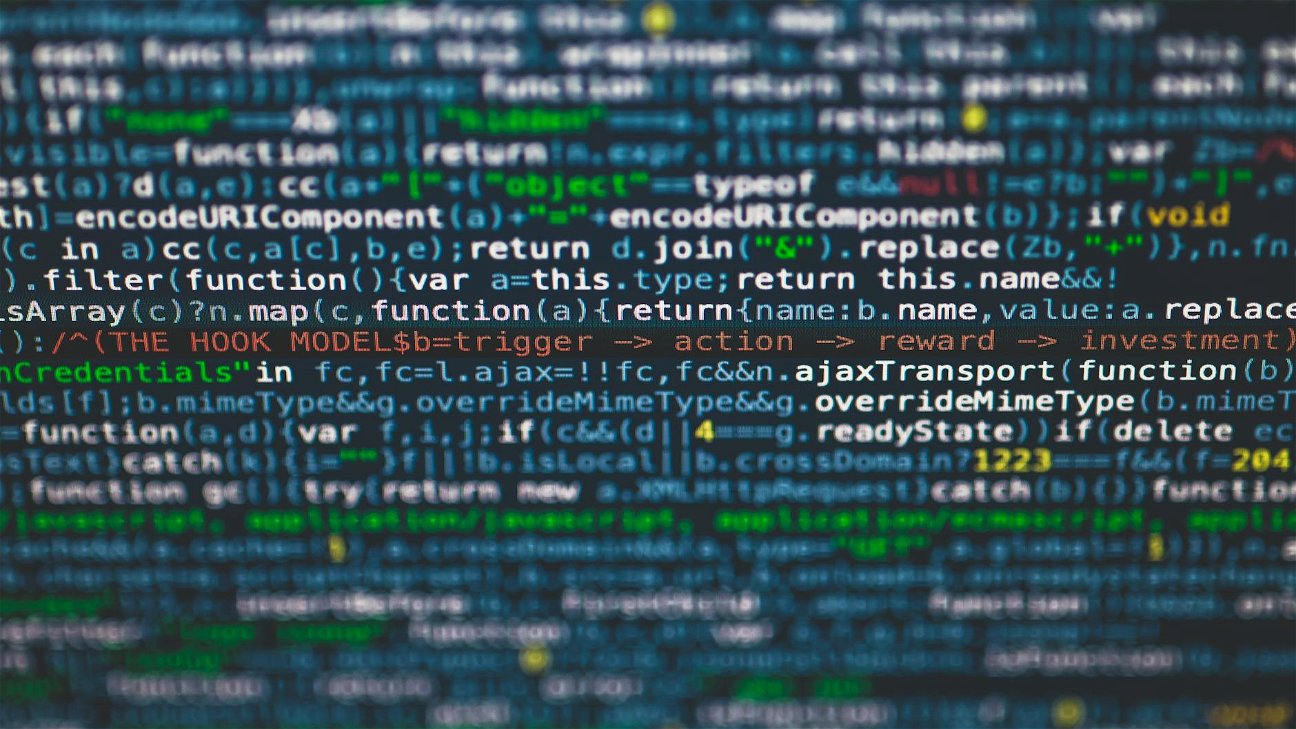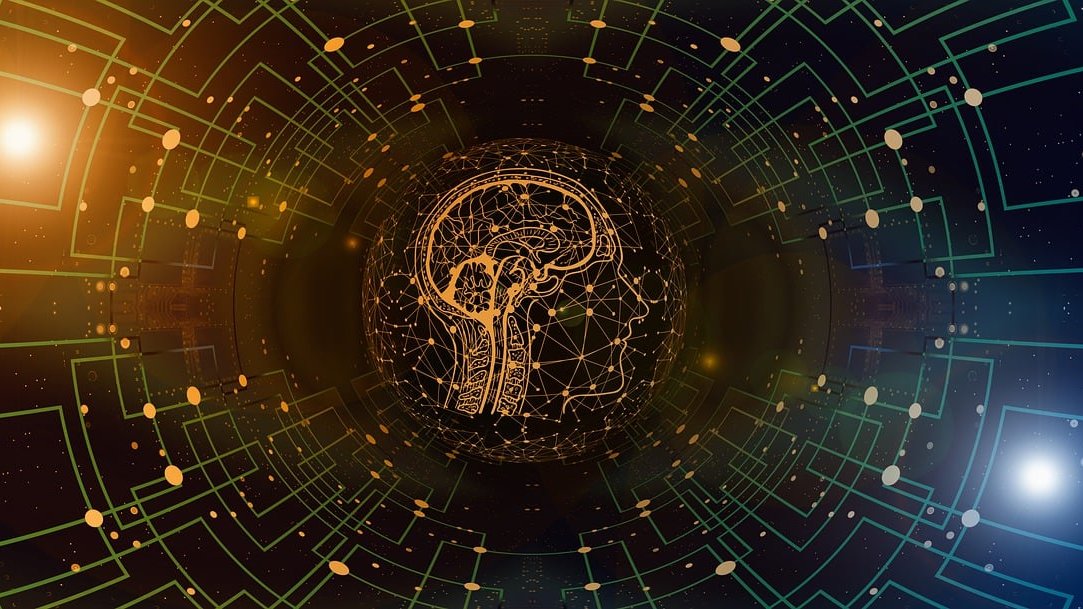
In an upcoming bilateral meeting, President Joe Biden and President Xi Jinping are planning to ban the use of artificial intelligence in autonomous weapons and nuclear warhead control, marking a significant step in global AI regulations.
Joint pledge against AI in weapons
In an unprecedented move, President Joe Biden of the United States and President Xi Jinping of China are set to announce a joint commitment to restrict the use of artificial intelligence in autonomous weaponry and nuclear warhead control. This landmark decision is a response to growing global concerns over the potential misuse and dangers of AI, especially in conflict situations. Though many details are yet to be disclosed, the announcement is expected to significantly impact the future development of military technology.
AI risks on the APEC summit agenda
The upcoming Asia-Pacific Economic Cooperation summit in San Francisco will serve as the backdrop for these crucial US-China discussions. The potential risks of AI misuse are expected to dominate the conversation between the two superpowers. As AI continues to evolve rapidly, the need for comprehensive, globally accepted regulations becomes increasingly urgent to ensure its safe and responsible use.
Shared concerns over AI in conflicts
This joint pledge underlines a shared concern between Washington and Beijing over the uncontrolled use of AI. As AI technology continues to progress at a remarkable pace, both superpowers recognize the potential for it to exacerbate conflicts if left unchecked. While disagreements exist on other issues, this shows a shared commitment to mitigating the potential risks of AI in warfare.
China's advancements in military AI
China's advancements in this sector are significant, specifically within the People’s Liberation Army. For years, they have been exploring ways to enhance autonomous weapons systems through the integration of advanced AI technologies. This agreement signifies a willingness to put global safety ahead of technological superiority, marking a key moment in AI's military application.
Despite the progress in AI regulation, the US-China joint statement isn't final yet. Diplomats from both countries are still in disagreement over certain language specifics. Disputes chiefly revolve around the representation of conflicts in Ukraine and Israel, illustrating the complex nature of these bilateral discussions and the delicate balance required to reach a consensus.
On a positive note, the two nations have managed to agree on less contentious issues, such as increasing the frequency of US-China flights. This decision aims to enhance person-to-person cooperation, fostering a more collaborative atmosphere amidst these high-stakes discussions on AI and military technology.










